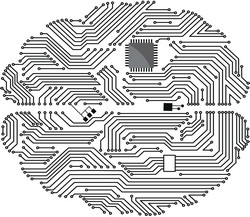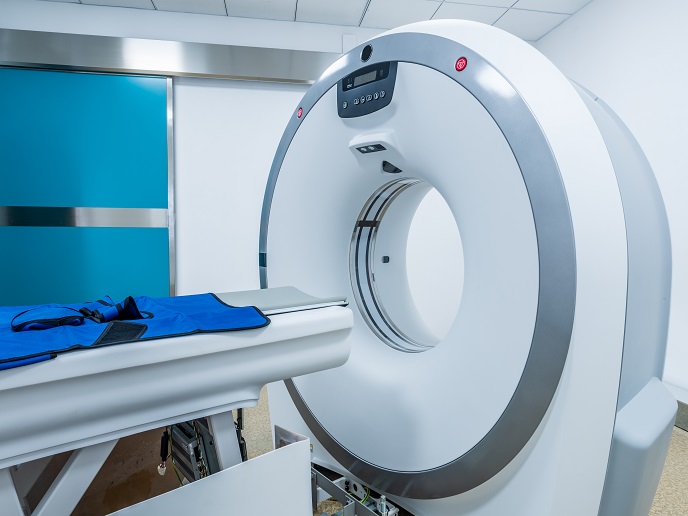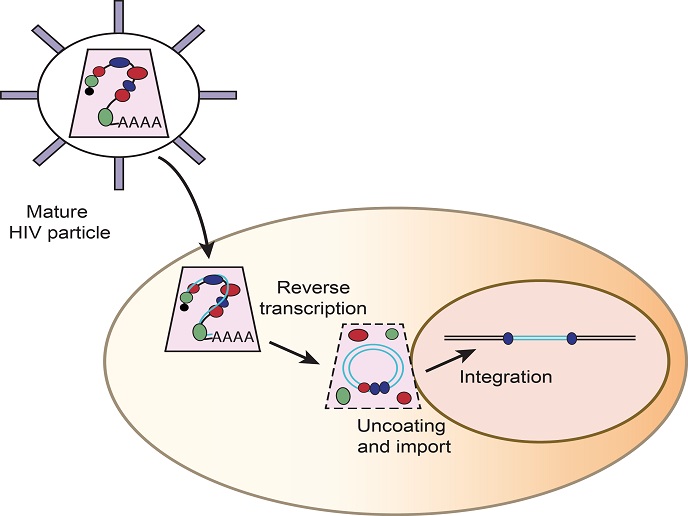New ways to study brain circuits
Recent studies have shown that in brain circuits, timing and plasticity play a key role in cognitive function and the brain's ability to make complex calculations. In order to better understand the role of crucial circuit components in these processes, a multidisciplinary approach to research is needed. The EU-funded CEREBNET (Timing and plasticity in the olivo-cerebellar system) project supported several experienced and early-stage researchers within highly qualified groups across Europe and in Israel for this purpose. Workshops, conferences and training courses ensured that skills development and an exchange of ideas took place throughout the project. Researchers attended courses on neuroimaging and neuroscience, as well as a conference on motor control in Jerusalem. Several other workshops and meetings took place in Amsterdam, Barcelona, London and Varese. CEREBNET's scientific aims included developing new imaging technologies and mathematical models and studying the molecular biology and behaviour of mutant mice. Researchers investigated core cerebellar neurophysiology questions, including looking at single neuron and network computations, and synaptic plasticity. A number of publications were produced, which have contributed significantly to understanding critical issues in neuroscience. In addition, the project has kick-started the careers of a new generation of neuroscience researchers across disciplines.







